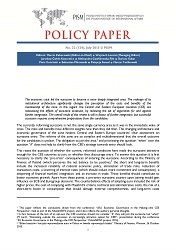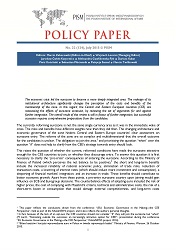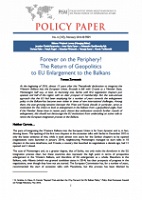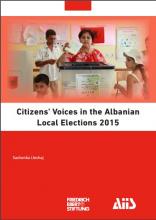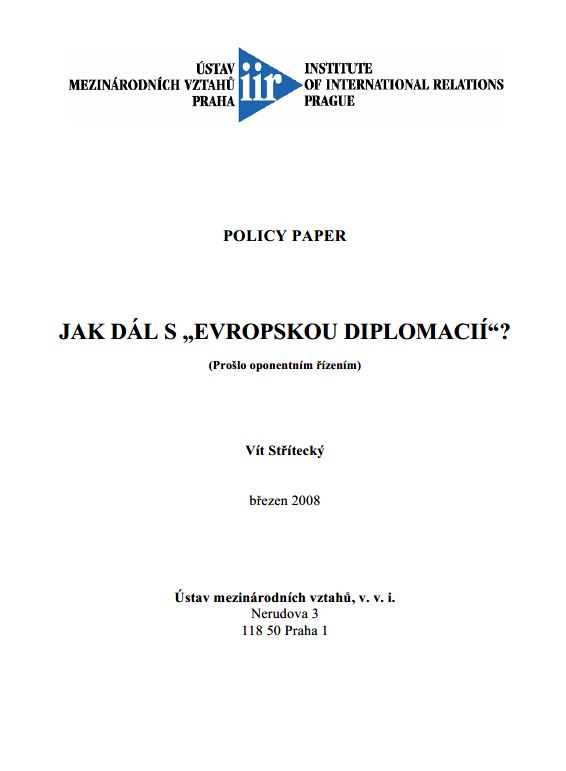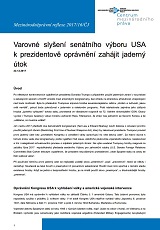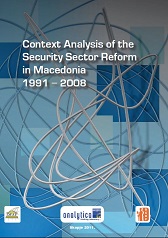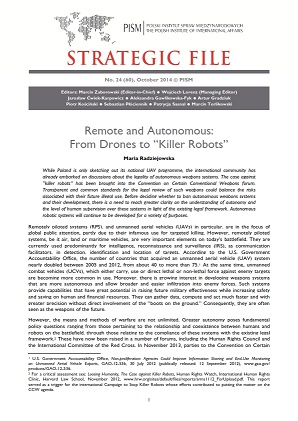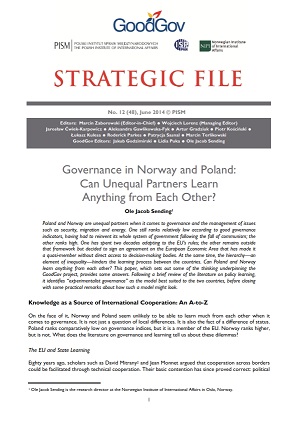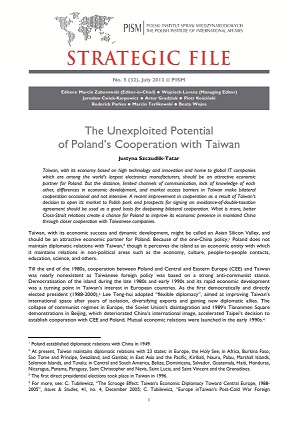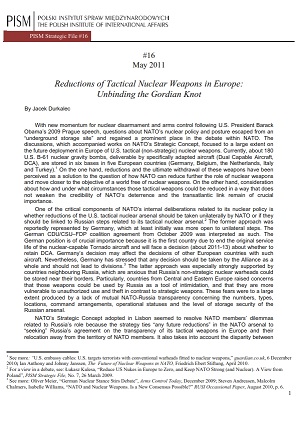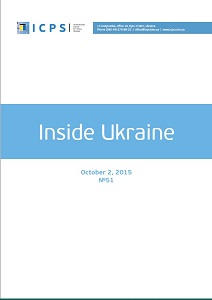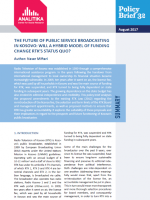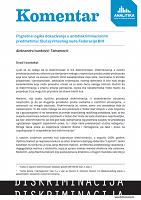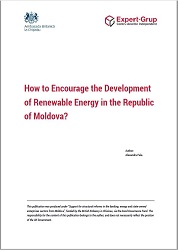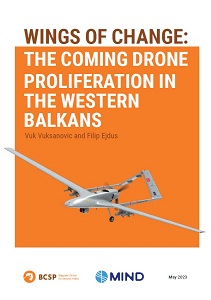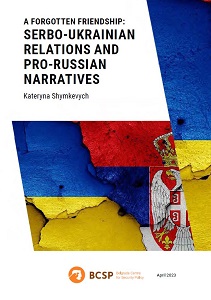Pogrešna logika dokazivanja u antidiskriminacionim predmetima: Slučaj Vrhovnog suda Federacije BiH
Author(s): Aleksandra Ivanković-Tamamović / Language(s): Bosnian
Keywords: BiH; discrimination; court; anti-discrimination proceedings; Supreme Court of BiH; mistaken logic;
Ljudi se ne rađaju da bi diskriminisali ili bili diskriminisani. Diskriminacija u suštini predstavlja stečenu sklonost za stavljanjem nekoga u nepovoljan položaj usljed predrasuda koje smo razvili na osnovu njihovih ličnih karakteristika: boje kože, nacionalne ili etničke pripadnosti, vjeroispovijesti, seksualne orijentacije, rodnog identiteta ili bilo koje druge karakteristike koja može presudno uticati na to kako ćemo nekoga tretirati. Budući da je diskriminacija u pravilu pitanje percepcije, osoba ove karakteristike može realno da posjeduje ili joj mogu biti pripisane od strane trećih lica. Naravno, nije svako različito ponašanje diskriminacija. U svakodnevnim odnosima neophodno je da se drugačije ponašamo prema osobama u različitim situacijama, u zavisnosti od mnogih okolnosti. Diskriminacija je, naime, samo ono ponašanje koje je nedozvoljeno. To što ćemo nekoga na ulici pozdraviti s ‘dobar dan’ imajući u vidu činjenicu da li ga poznajemo ili ne vjerovatno je primjer dozvoljenog različitog ponašanja. Ipak, to što susjeda muslimana nećemo pozdraviti s ‘dobar dan’ može da bude društveno neprihvatljivo, pa čak i diskriminatorno, ali dok god naše uskraćivanje tog pozdrava susjedu ne predstavlja ugrožavanje njegovih zajamčenih prava, to i dalje neće predstavljati utuživu kategoriju. Mnoga takva prava su zajamčena Ustavom Bosne i Hercegovine, pa tako i pravo na zapošljavanje ili unapređenje bez diskriminacije. U takvom ustavnom poretku koji zabranjuje diskriminaciju, u avgustu 2008. godine, Opština Glamoč je raspisala konkurs za izbor direktora dječijeg obdaništa “Leptirić”. Jedini kandidat na konkursu je bila Janja Martina Katović, profesorka predškolskog vaspitanja i dugogodišnja radnica u obdaništu, kojoj je upravo istekao mandat direktora iste ustanove. Međutim, Janja Martina Katović nije postavljena za direktora u drugom mandatu zato što je – časna sestra. Uložena je tužba Općinskom sudu u Livnu, koji je diskriminaciju prepoznao i naložio da se potvrdi njeno imenovanje za direktoricu obdaništa. Kantonalni sud u Livnu je prvostepenu presudu potvrdio. Međutim, u julu 2014. godine, po reviziji tužene Opštine Glamoč, Vrhovni sud Federacije Bosne i Hercegovine je donio prilično zbunjujuću presudu, još jednu u nizu u antidiskriminacionim predmetima u Bosni i Hercegovini. Naime, po mišljenju Vrhovnog suda u predmetu Janje Martine Katović protiv Opštine Glamoč, ukoliko se samo jedno lice prijavi na konkurs za radno mjesto, i ako to lice, bez obzira na kvalifikacije i njihovu superiornost, ne bude zaposleno zbog svoje vjerske pripadnosti, takvo lice, ipak, ne može biti diskriminisano. Isti zaključak se, slijedom iste logike, može izvesti čak i kada potencijalni poslodavac, inače organ lokalne samouprave, javno izjavi da jedini kandidat, bez obzira na kompetencije, nije zaposlen isključivo usljed lične karakteristike – vjeroispovijesti. Ova presuda uspostavlja opasan presedan, koji otvara prostor poslodavcima da otvoreno diskriminišu ukoliko pred sobom imaju samo jednog kandidata ili čak nekoliko kandidata koji imaju zajedničku ključnu karakteristiku, na osnovu koje se diskriminiše. Tako poslodavci mogu da otvoreno kažu da neće zapošljavati redovnice, Rome ili žene, ukoliko su se samo takvi kandidati prijavili, jer ih sud neće imati s čim uporediti!?
More...




